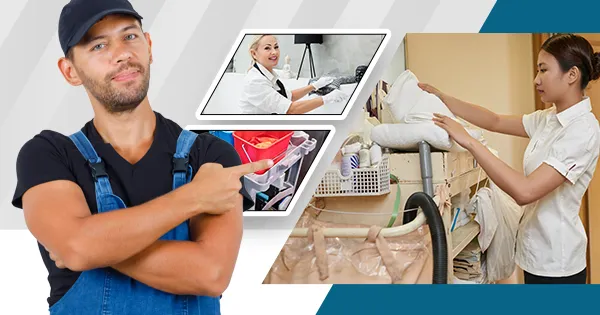The Rise of Hotel Cleaning Automation
The hospitality industry is undergoing a major transformation as automation reshapes how cleaning tasks are managed. With cutting-edge robotics and AI-driven solutions, hotels can now achieve a higher level of efficiency and consistency in cleanliness, ensuring guests enjoy spotless rooms and common areas every time.
Benefits of Technology in Hotel Cleaning
Automated cleaning systems not only improve hygiene standards but also reduce turnaround times for room preparation. This allows staff to focus on delivering personalized guest experiences while maintaining a consistently clean and welcoming environment. Additionally, adopting deep cleaning solutions alongside automation ensures that even hidden areas remain spotless and safe.
Enhancing Guest Experience Through Innovation
Technology-driven cleaning enhances operational efficiency while upholding the highest standards of hygiene. Hotels that integrate advanced systems alongside professional commercial cleaning services can provide a safer and healthier stay for guests, strengthening their reputation and customer loyalty.
Future of Hotel Cleaning
As the industry embraces automation, the combination of robotics, smart sensors, and professional cleaning services will define the future of hospitality. This integration not only improves cost-effectiveness but also ensures compliance with evolving health and safety regulations, setting new benchmarks for the hotel sector.


